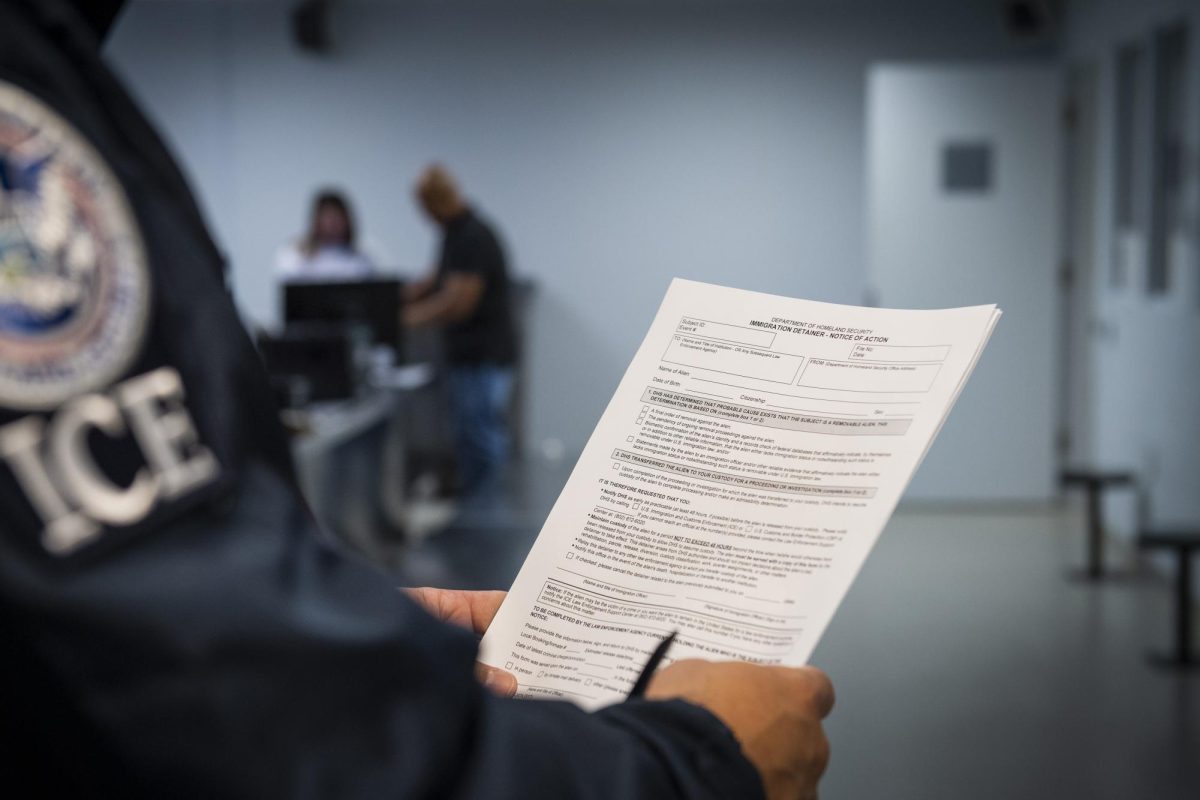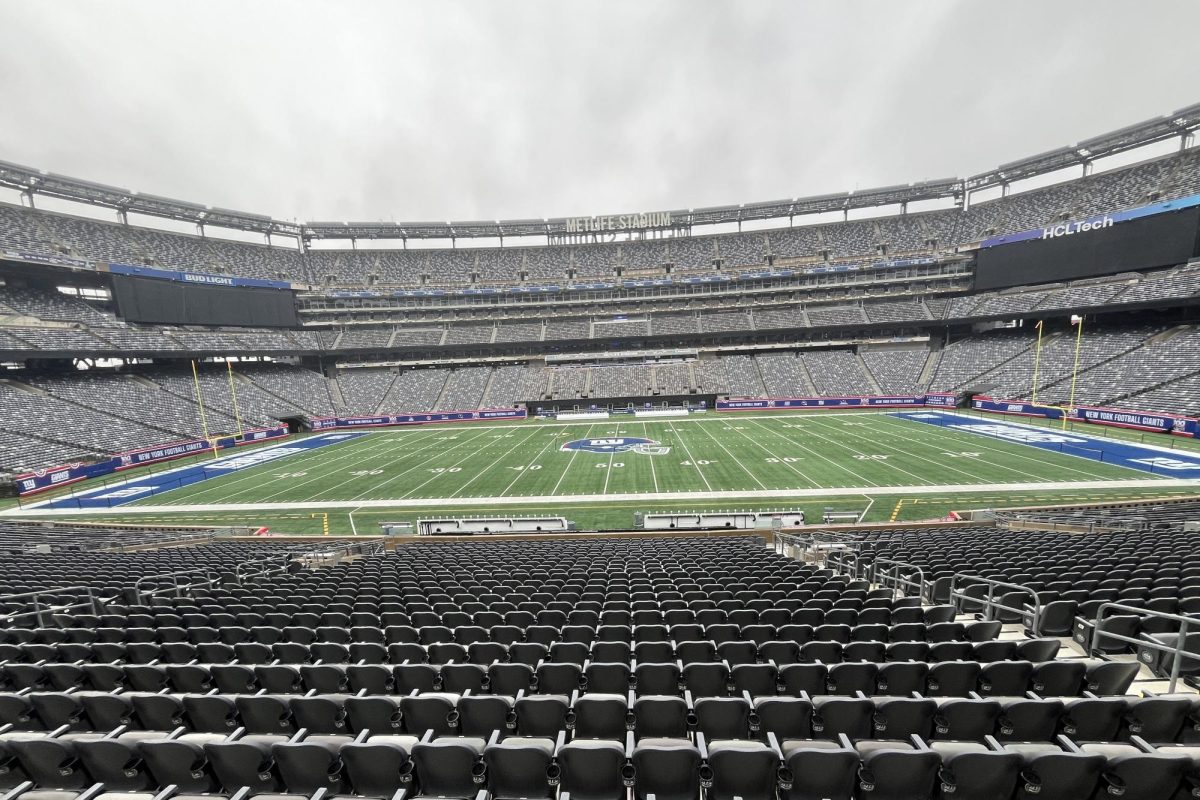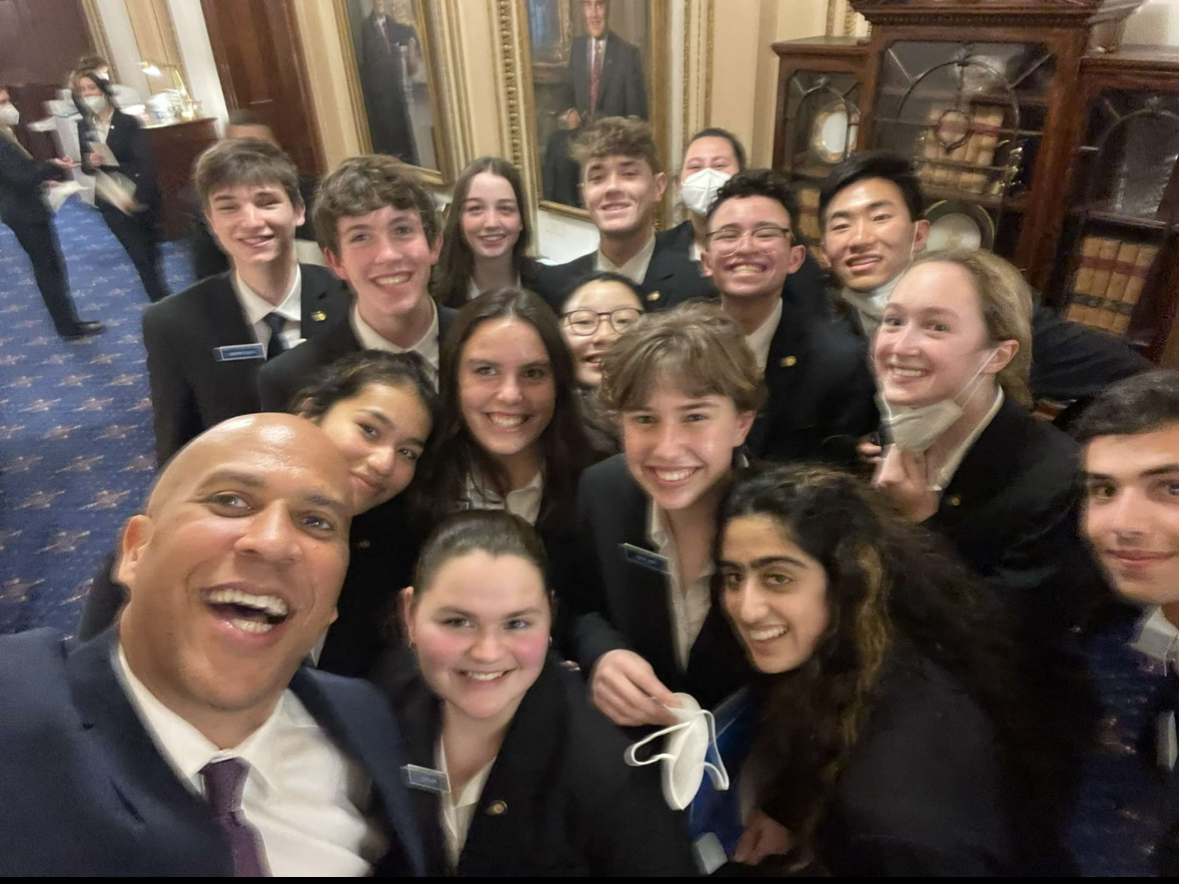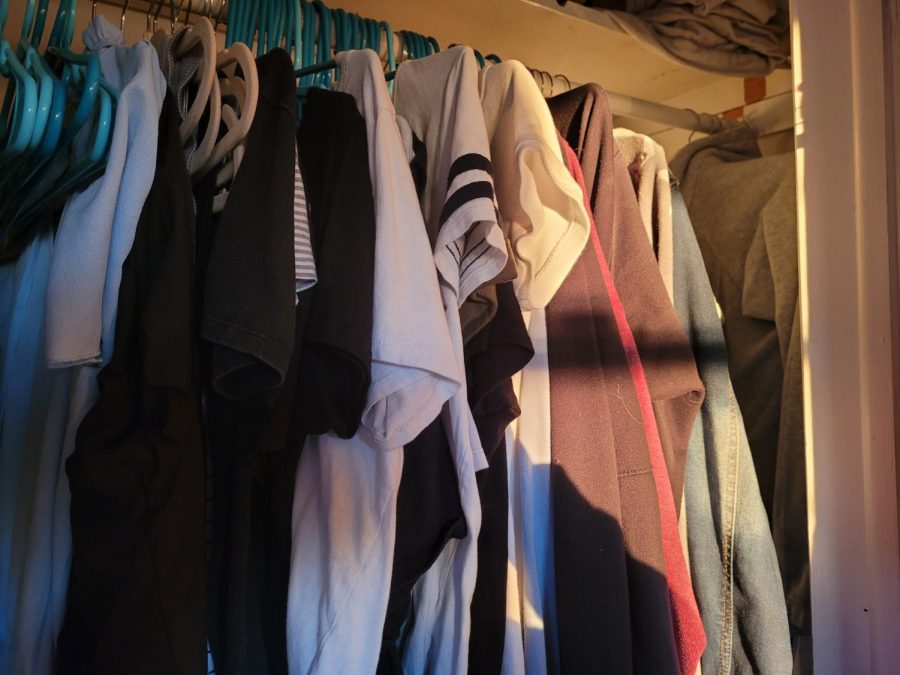Opinion: Sustainable Shopping should be more common
How much fast fashion do you have in your closet?
December 1, 2021
As fashion trends become shorter, fast fashion brands like SHEIN and Urban Outfitters are relied on to deliver trendy, cheap, and quick clothing. Their clothing can be seen anywhere, from TikTok videos to high schools all over the country. However, while the cost and speed is convenient, many fast fashion brands are unethical and bad for the environment.
An alternative to this would be shopping sustainably, which benefits the environment and the workers who make the clothing.
Sustainability is defined as restraint from damaging and depleting natural resources such as energy, cotton and oxygen. Many sustainable brands make sure that they don’t pollute and will not use materials like plastic for bags and polyester, which take hundreds of years to be decomposed.
Fast fashion is cheap fashion that is produced quickly and is known for having high turnover, meaning clothes are sold and replaced quickly.
People will feel the urge to buy these trendy clothes, and then throw them out once they are out of style. This only adds to the waste, as many wearable clothes are thrown into landfills and rivers once there are more clothes to take its place.
Sustainability isn’t the only factor that is important. Ethicality is defined as following moral responsibility to do the right thing and to act properly.
Fast fashion brands don’t pay their workers a living wage. Many fast fashion brands have workers in countries like China and India, and these countries have different and unsafe working regulations compared to those of which the United States have. Many of the sweatshops fast fashion workers are in don’t fit basic workplace standards and are crammed with countless employees. As a result, there is more of a risk of them being hurt on the job, with the clothes being significantly lower in quality than ethically made clothes.
Despite all these problems, many people still shop fast fashion. Since most ethical and sustainable companies pay their workers, their prices are higher than others, which keeps low income people from buying their products. While fast fashion brands tend to be in the $1 to $50 price range, sustainable and ethical brands tend to be in the $50 to $100 price range because they pay their workers fairly and use eco-friendly and quality materials.
For example, an outfit that consists of a skirt, socks, hat and crop tee costs $31 on SHEIN. A similar outfit on Tentree, a sustainable brand, costs $124. With the large price tags of sustainable brands, many people would rather shop fast fashion instead.
Despite the large prices of sustainable and ethical fashion brands, there are still ways to shop and live sustainably.
Thrift or consignment stores are a good way to shop sustainably while reducing waste, buying and shopping for clothing less, and avoiding throwing clothes out and learning how to sew if the clothes are broken or give them away to a loved one or a Goodwill if they are too small.
While it might seem intimidating to start living sustainably, simple steps can make one less negative impact on the environment.






































